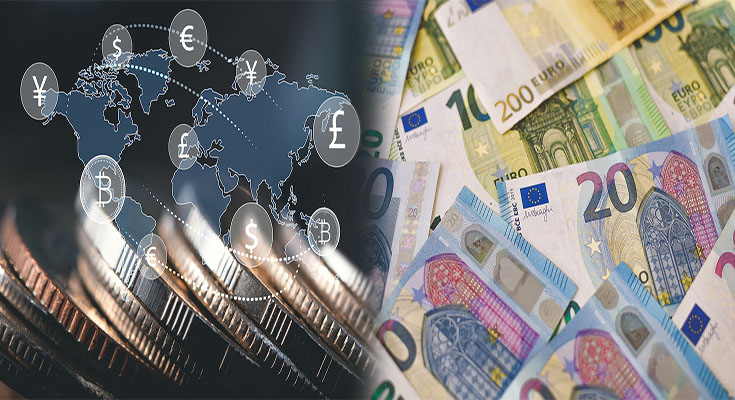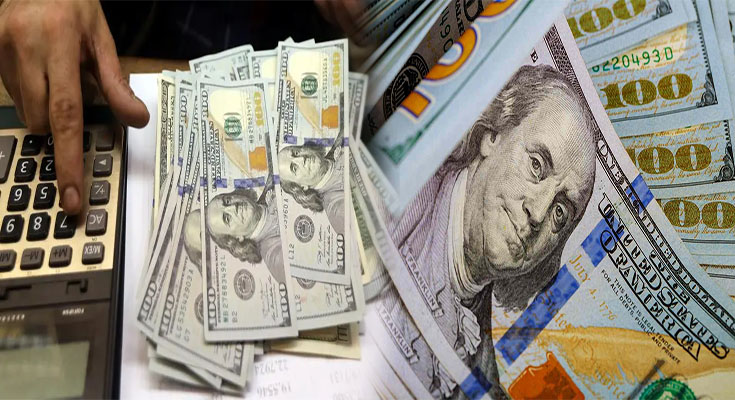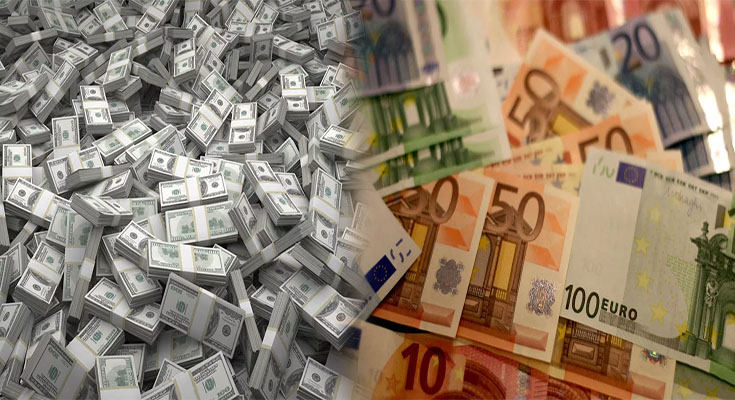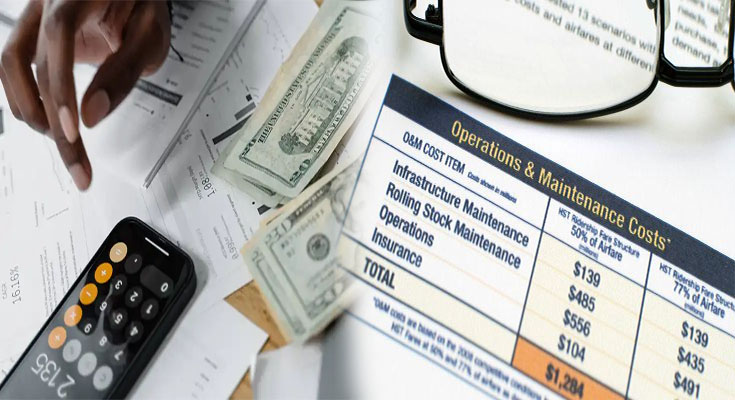
The Importance of Money in Facilitating Economic Growth and Development
Money, as a medium of exchange, plays a significant role in facilitating economic growth and development. It serves as a vital component of any thriving economy, enabling the exchange of goods and services, promoting investment, and fostering economic stability. In this article, we will explore the importance of money in facilitating economic growth and development.
Facilitating Exchange of Goods and Services
Money serves as a universal medium of exchange, eliminating the need for complex barter systems. By providing a widely accepted medium that represents value, money allows for seamless transactions between buyers and sellers. This simplicity and efficiency in trading goods and services contribute to the overall growth of the economy. Money functions as a lubricant, reducing transaction costs and encouraging the flow of economic activity.
Encouraging Investment and Innovation
A stable monetary system encourages investment and fosters economic growth. Money provides a means to save and accumulate wealth over time. Individuals and businesses can store their surplus earnings in the form of money, which can then be allocated toward productive investments. This investment capital facilitates the creation of new businesses, the expansion of existing enterprises, and the financing of innovative ideas and technologies. Such investments drive economic growth by …
The Importance of Money in Facilitating Economic Growth and Development Read More




